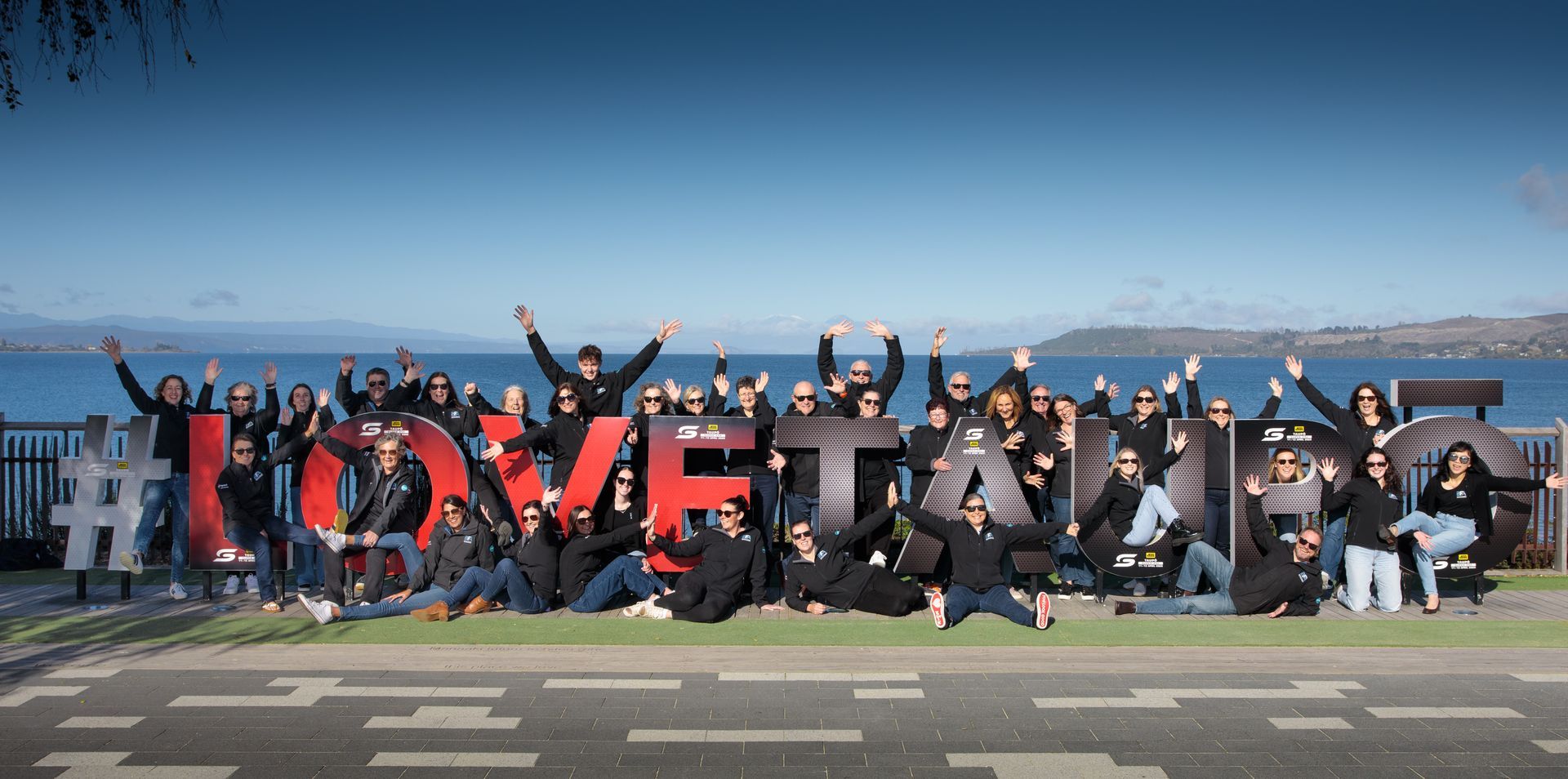Does your website give the right first impression?
Your website is the online equivalent to your bricks-and-mortar-store (if you have one), so what impression is your website giving potential customers? Does it give the best impression of your business? When someone visits your website, you have a few seconds to convey, on your homepage, what your business does, why you’re different from your competitors and why a potential customer should buy from you.
Now is the time to take a step back, look at your website and ask yourself some important questions about whether your website is working for you, or against you.
Tell your audience what you do – and do it quickly.
In the digital world we work in, your company website is a vital ‘shop window’ for your products and/or services AND for your company brand.
Many consumer and business relationships have moved online in recent times, especially since the pandemic. So having that online presence for your brand is no longer a ‘nice to have’, it’s now an essential business asset, and part of your sales and marketing strategy. It’s the home for your content, the hub where you point your potential and current customers, and the marketplace where you sell your goods and services and connect with your audience.
Ask yourself:
- Is your home page informative enough? Does your homepage tell visitors what you do, in the most simple and straightforward way? And does it do this without resorting to jargon, abbreviations and technical language? If you can explain your key vision and value to a prospective online customer in simple, plain English terms, you stand far more chance of both a) engaging them and b) converting them into a customer.
- Do you have an ‘About Us’ section? Your website should explain who YOU are as people, your values and what your expertise is. If your site is full of declarations about how brilliant your products are, but has no information about the people behind the products, it makes it hard for you to be relatable to customers and for them to engage with you or your brand. Add credibility by sharing the team and what makes them tick. Make sure to include photos so people can put a face to your business.
- Is it obvious what you’re selling? Does your website quickly explain what products and/or services you’re selling? Make it easy to find your products and/or services and explain in plain English what they do. Don’t blind customers with science; explain what the product is and (crucially) the value of purchasing the item.
- Is it easy to purchase your products/services? If you run an eCommerce site, make the online sales process easy, quick and intuitive. Is the process of signing up and paying as seamless and hassle-free as possible? Do you have multiple payment options, so customers don’t find it a hassle to pay you? Can customers track their purchases with the delivery partner to ensure they get their goods on time?
- How easy is it to make an enquiry? It’s likely that a potential customer will have questions – how easy is it for them to make an enquiry? Including an FAQ section is a good place to start, answering the common questions customers ask. Also include an enquiry form so customers can reach out to you if they have further questions.
- Can people book themselves in for a consultation? If you’re a service business, you’ll want to make it easy for someone to book an appointment with you. Have a clear ‘Book a meeting’ landing page or button. Tools like Calendly can manage bookings for you and you can block out times where you’re already busy/unavailable. An online booking tool allows your customers to book with you at any time of the day or night, without needing to contact you. This can save you time and money.
These are just some questions to ask yourself to keep your website updated, fresh and relevant to your customers. You don’t have to do it all at once. Focus on the aspects of your website that need the most help and work your way through the rest of the questions in the next few months.











